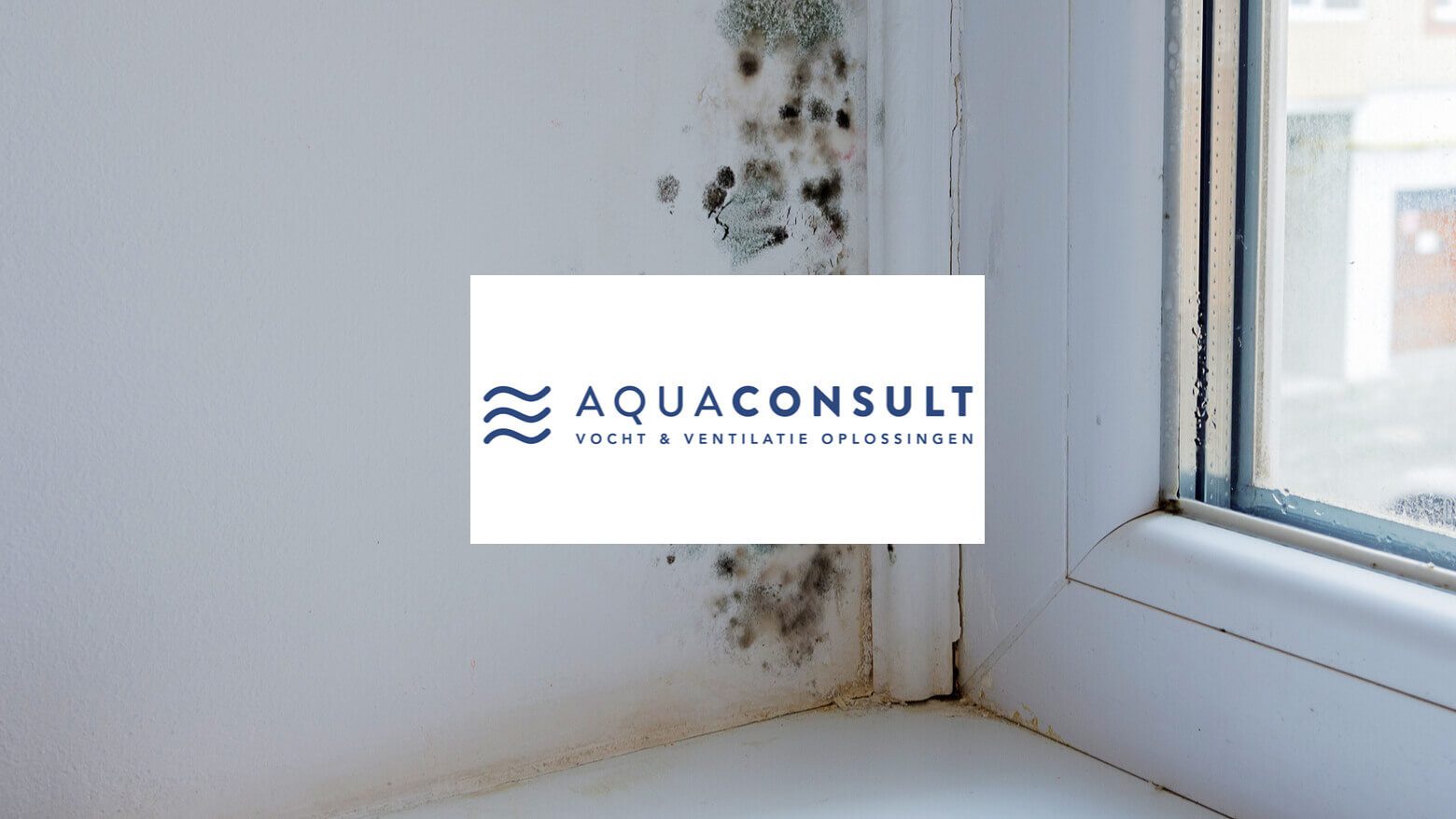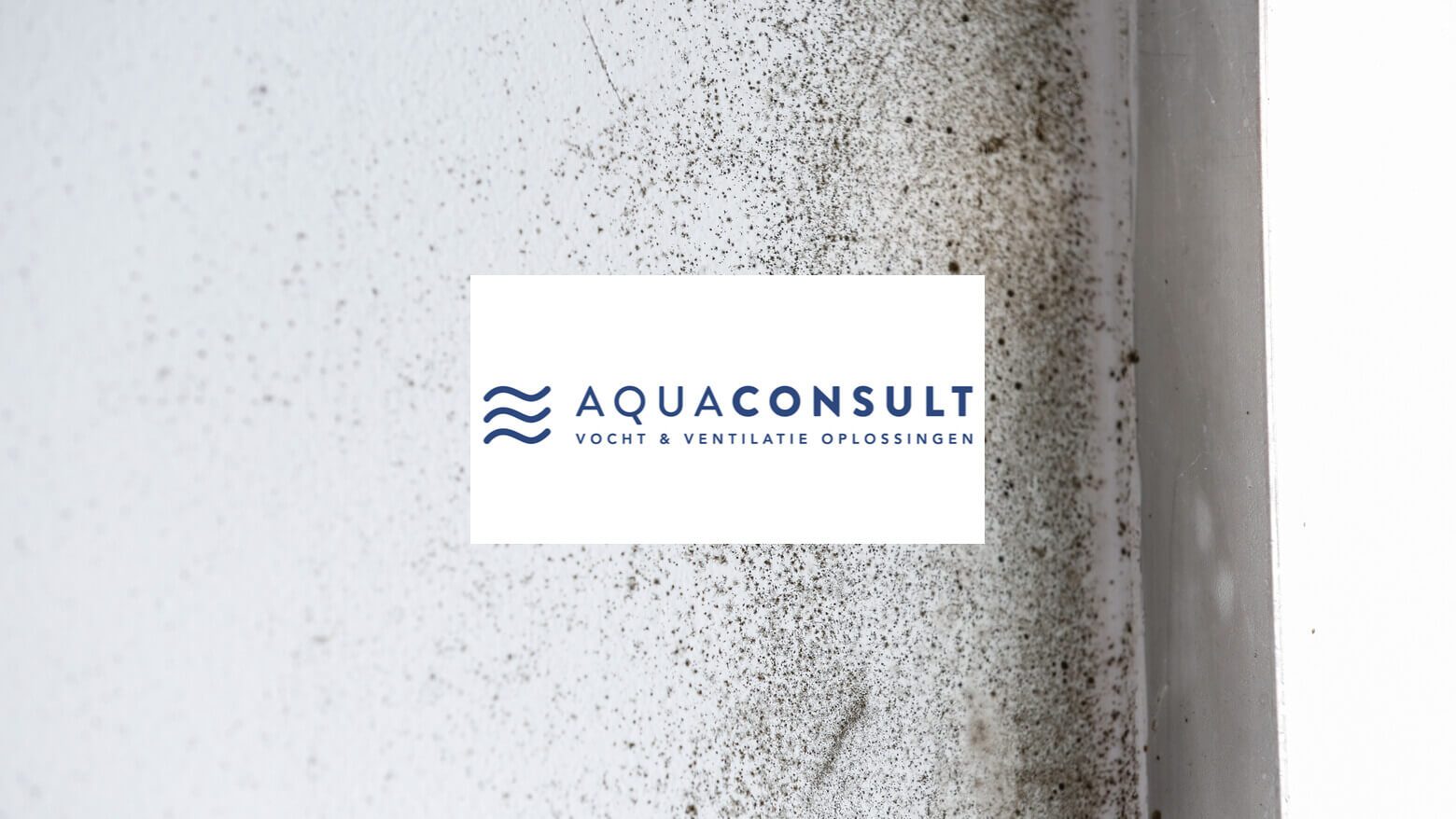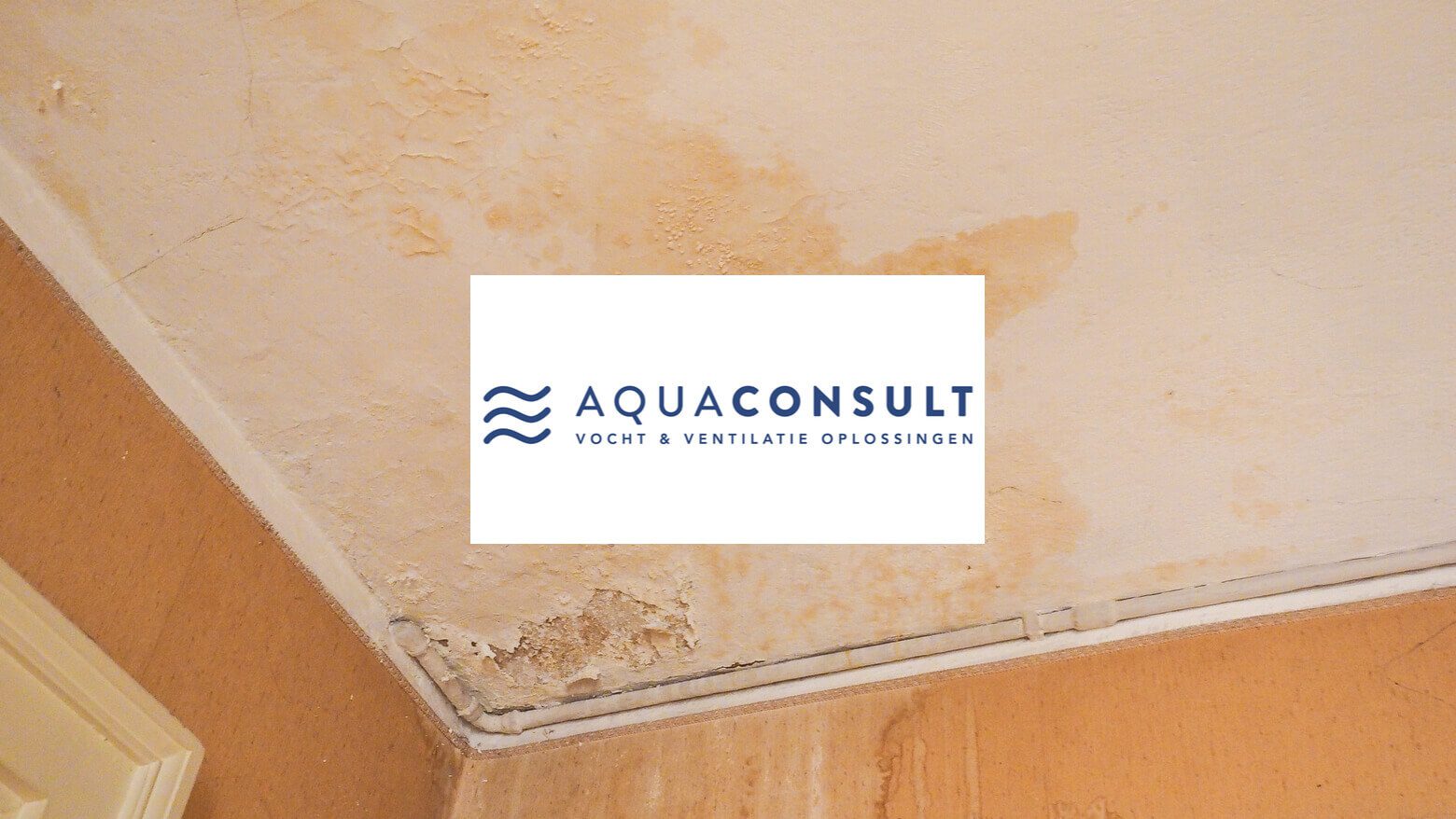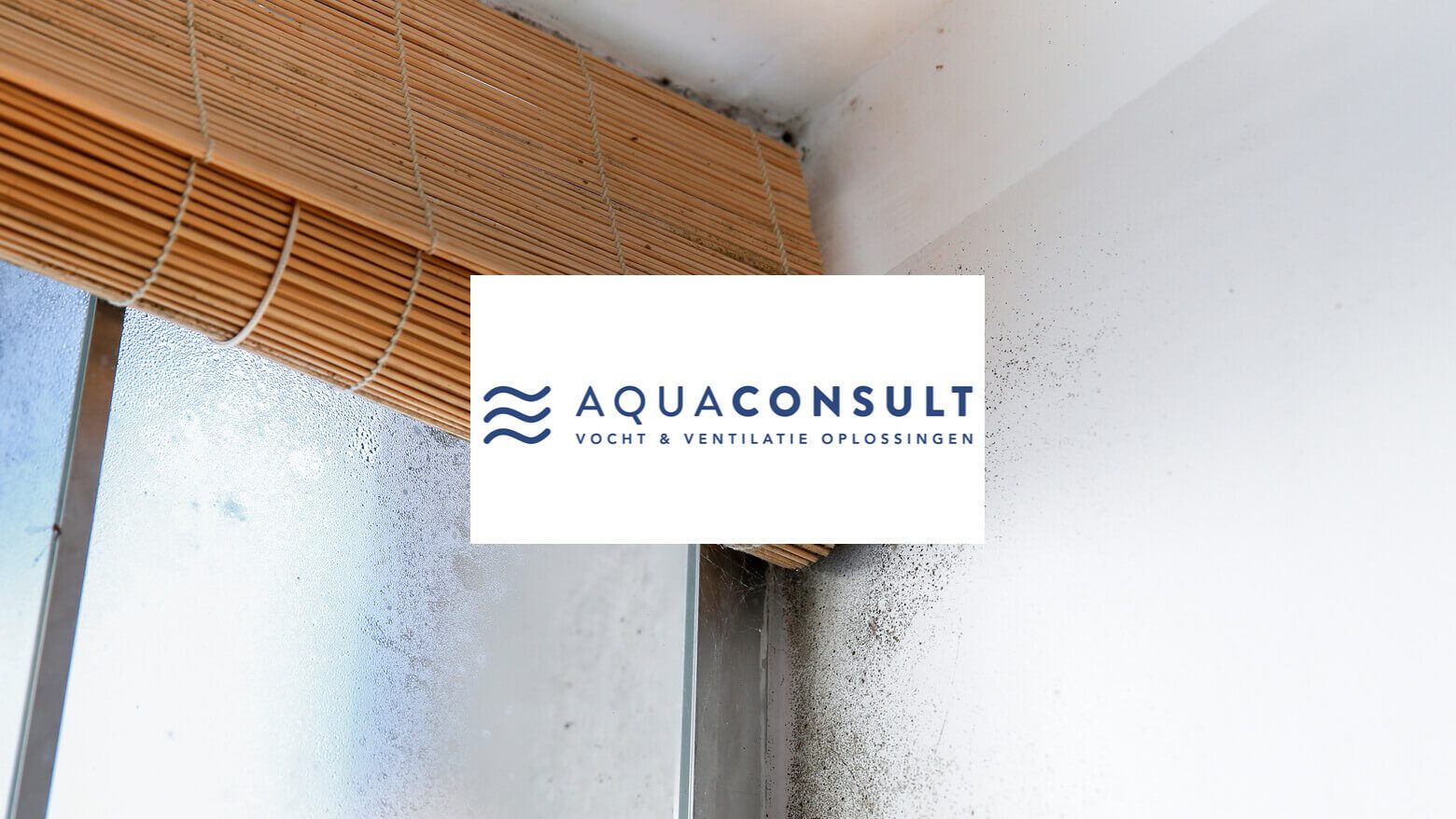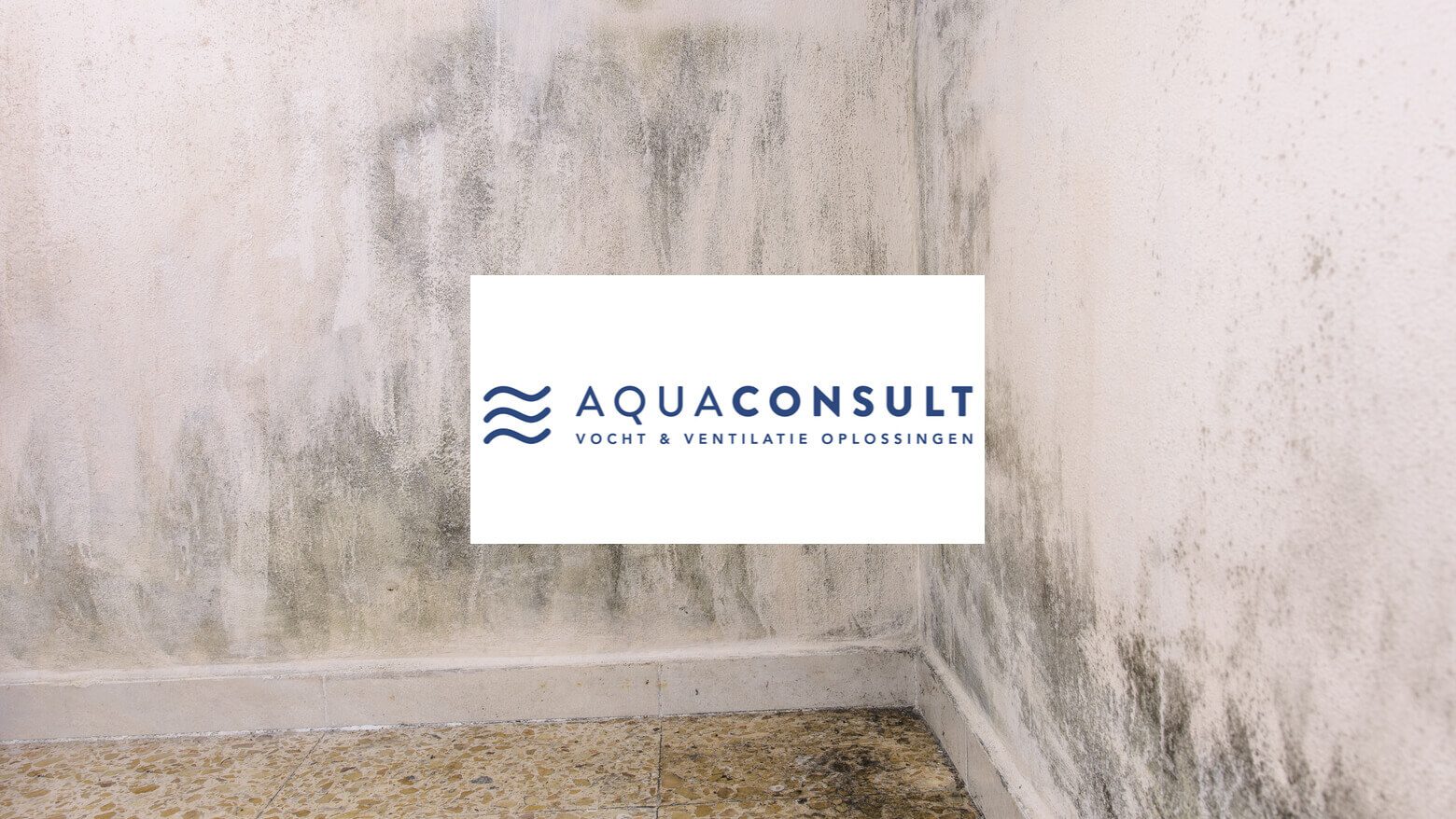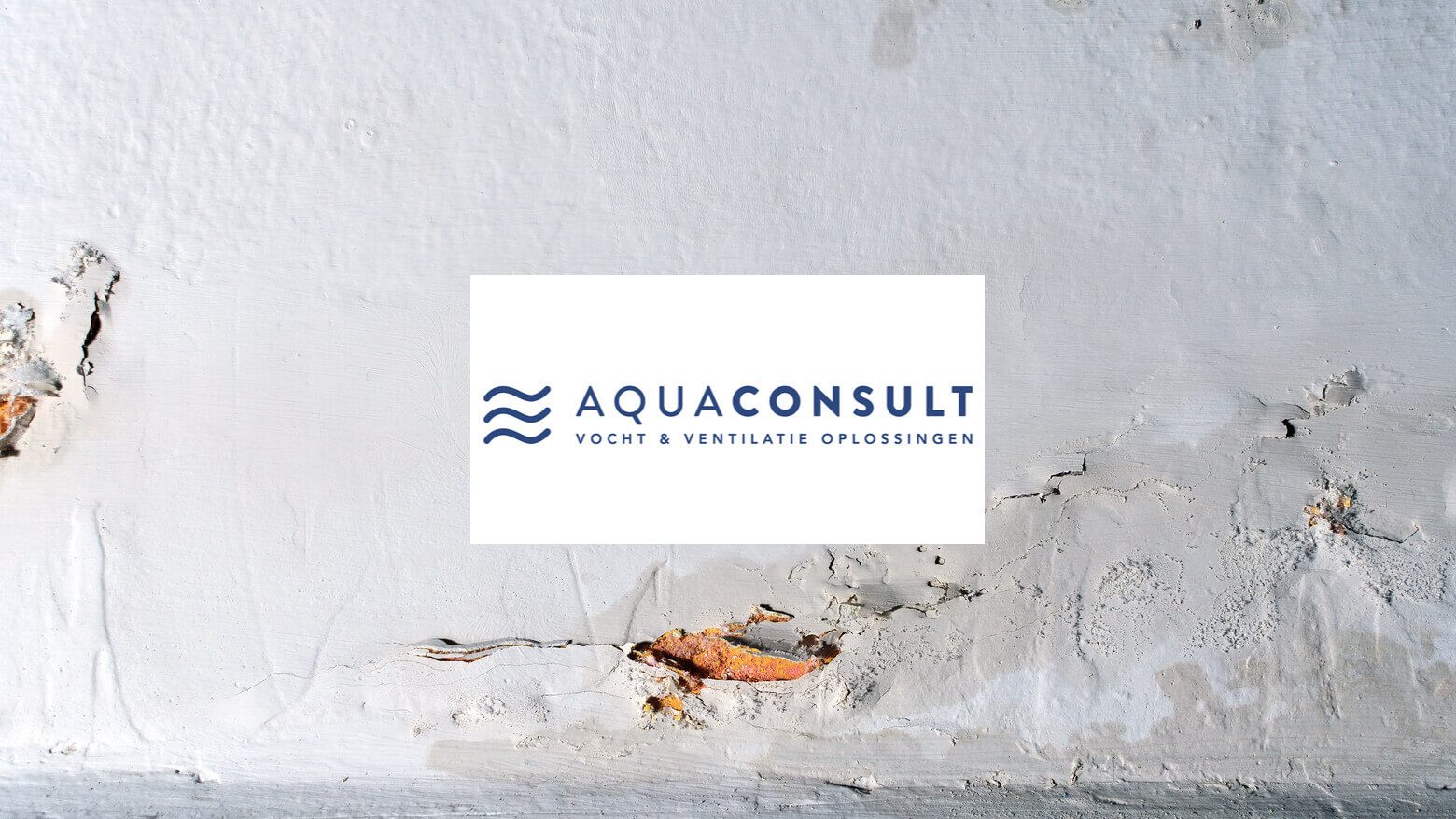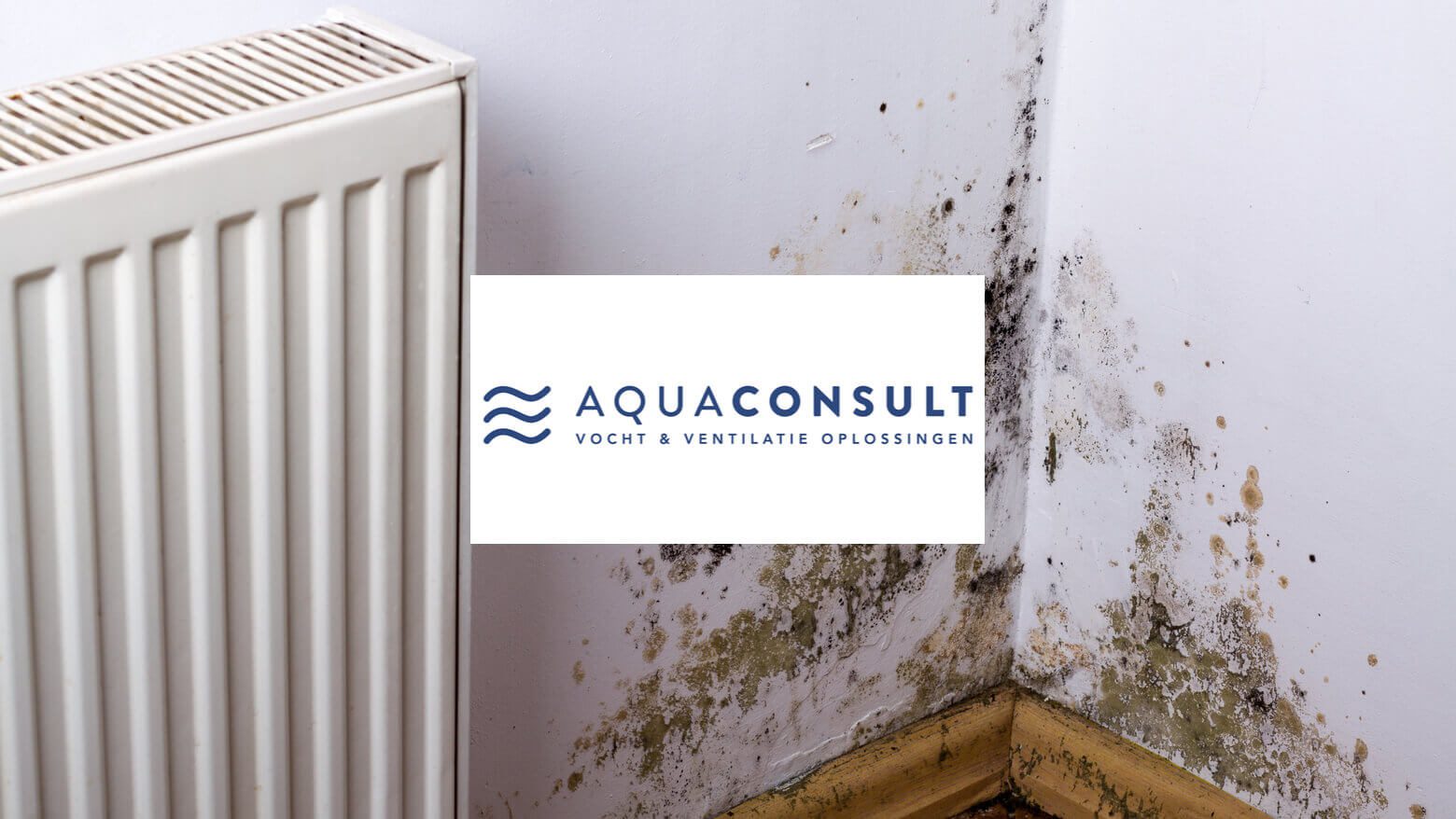Many homes have only a crawl space. Just as at ordinary cellars, can, of course, here moisture problems arise that cause negative consequences. Are you suffering from moisture or water in your crawl space? Find out here the possible causes and why it is best to solve this moisture problem as soon as possible.
How does water get into the crawl space?
Moisture or water in the crawl space is usually caused by groundwater that seeps into the crawl space through the walls or through the floor. Especially in fall and winter, the ground becomes very moist, which increases the pressure of groundwater. If your crawl space is not sufficiently watertight, the groundwater can simply wend its way in and you obtain a layer of water in the crawl space.
But that's not all. Leaking or broken pipes can also cause water to enter your crawl space. In addition, poor or lack of ventilation amplifies moisture problems in your crawl space.
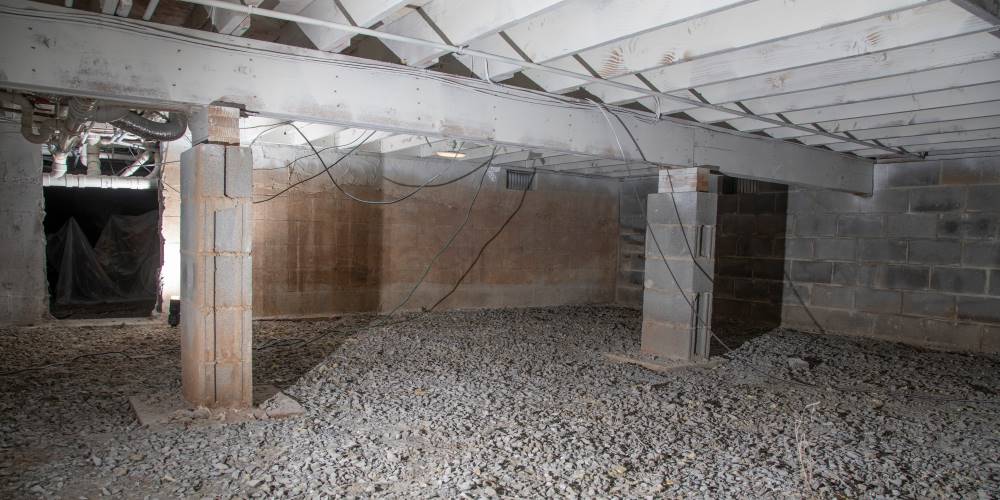
Is water in the crawl space bad?
Many basements and crawlspaces are sometimes flooded or have high humidity. This high humidity creates a large difference in vapor pressure between the crawl space and the living area. Through open connections such as shutters, meter boxes with pipe penetrations or connections between floors and walls, the moist air can enter the home. This can happen in three different ways:
- Vapor diffusion: water vapor moves from areas of high vapor concentration to areas of lower water vapor concentration.
- Capillary moisture transport: capillary pores are continuous, interconnected pores in, for example, cement brick with a size between about 10 and 1000 nm. In construction, capillary action occurs when water is sucked up by bricks (rising damp, ascending damp).
- Air Transport: an air flow from the crawl space to the home can occur if the crawl space has an open connection to the outside air, if there are air leaks between the crawl space and the home, or if there is a large pressure differential between the crawl space and the home.
As moisture penetrates the home, it can lead to a variety of negative consequences. Common consequences include:
- A musty smell in the house
- Mold
- Pests in the home
- Health problems, including shortness of breath, colds or (chronic) bronchitis
- Damage to your walls or floors, to damage to the building structure
So it does matter if you are struggling with moisture or water in your crawl space. We highly recommend having water in the crawl space thoroughly handle.
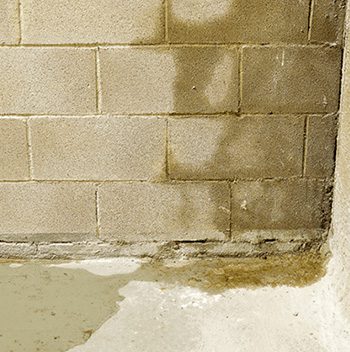
What to do if there is moisture or water in the crawl space
There is no general solution for water in the crawl space. Which moisture solution is best to have performed depends very much on the cause of the moisture problem. So always have a expert visit, as this person can accurately determine the cause of the water in the crawl space.
Typically, there are several options to combat moisture in the crawl space. To fix the problem permanently, it is highly recommended to hire a moisture expert. This will guarantee the best execution.
1. Ventilation
A damp crawl space must first and foremost be provided with proper vents so that condensation in the room has no chance.
Air leaks between the crawl space and the home must also be sealed when moisture problems arise. These air leaks exist because of several reasons:
- Piping from the basement to the house
- Crawl space hatches or basement hatches
- The capillary action of the house floor itself
Pressure differences between the basement area and the house must then be addressed. Vapor pressure differences can occur due to three factors: the "chimney effect" in winter (due to the temperature difference between indoors and outdoors), a mechanical exhaust system that is not properly adjusted, or wind pressure that creates depressions and upper pressures.
The basis is always: air that flows in through negative pressure must somehow be able to flow back out. If the pressure differential cannot recover naturally, it must be balanced manually with the installation of, say, a ventilation system.
2. Basement drainage
Is there significant groundwater pressure or significant amounts of water entering the crawl space? If so, you might consider draining the groundwater through a basement drainage. This involves pumping water out of the crawl space.
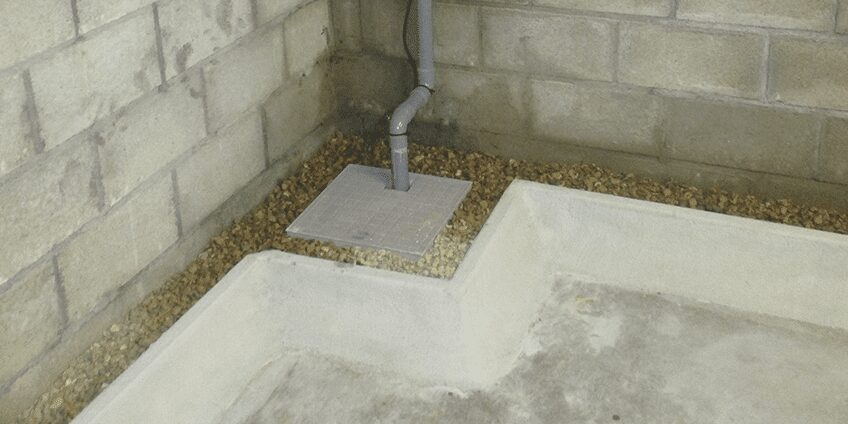
3. Basements
You can also choose to completely waterproof your crawl space by using a basement framing. This gives the walls and floor of the crawl space a waterproof layer, this in several stages.
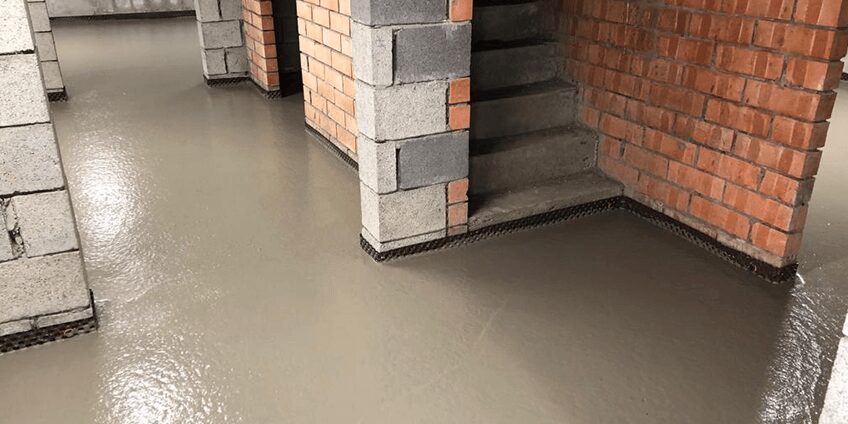
Are you suffering from moisture or water in your crawl space? Then take contact with Aquaconsult and our specialists will come by for a free moisture assessment, everywhere in Flanders.
Damp basement or crawl space? Get more information and the brochure here
Answer the questions below and get more information and our brochure based on them.


